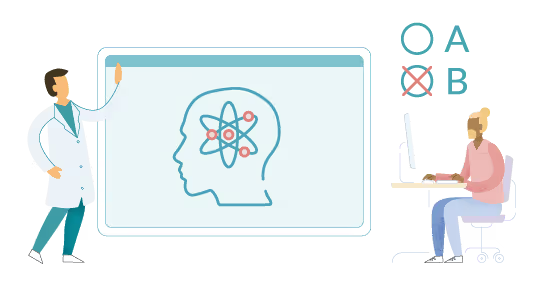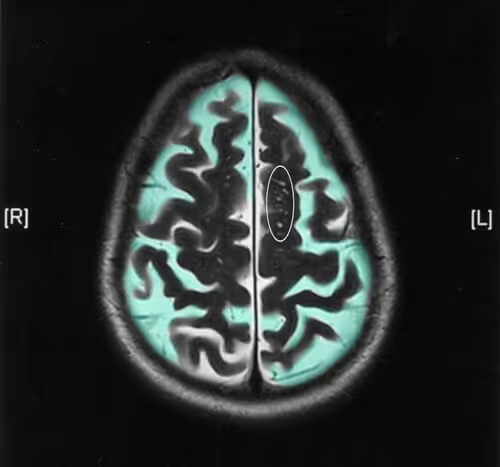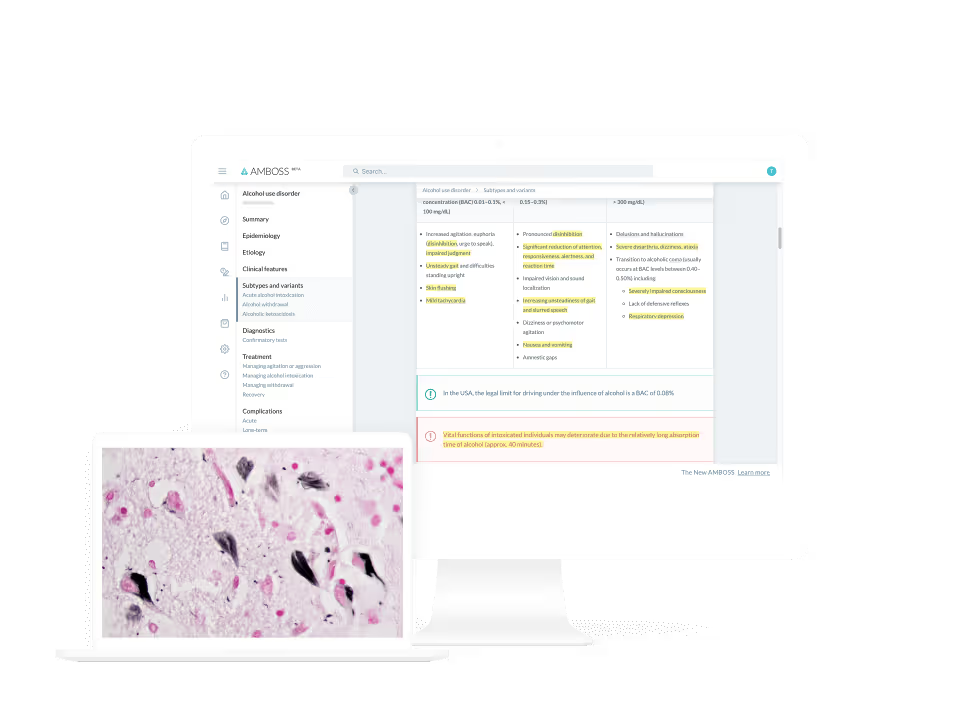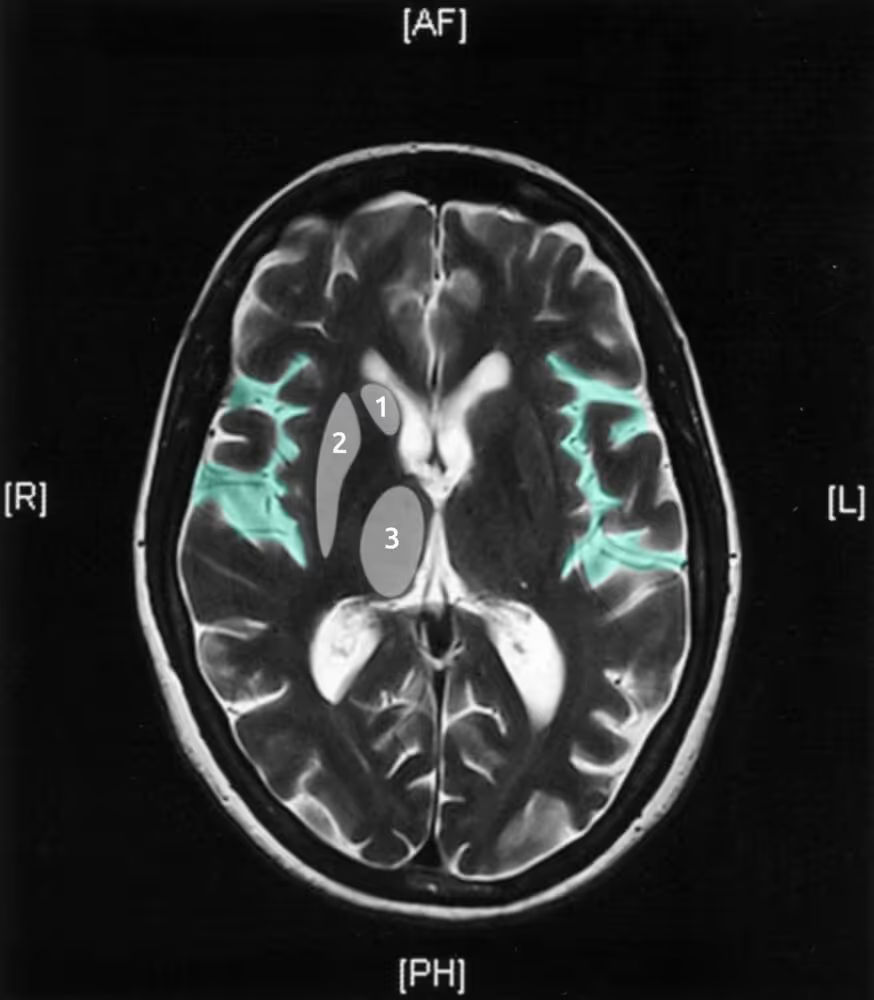Psychiatry Shelf Exam
The NBME® Psychiatry Shelf exam assesses a student’s ability to diagnose and treat psychiatric illnesses. Success on the exam depends on what is learned during the Psychiatry clerkship in addition to coursework and dedicated study time. It is generally regarded as the least challenging Shelf, though that doesn’t mean students should be sparing with their study time. The exam will incorporate knowledge from other Shelfs, namely Pediatrics, Internal Medicine, OB-GYN, Geriatrics, and Preventive Medicine, and touch on psychiatric medications, adverse medication reactions, mood disorders, and psychoses.
Looking for a new Psychiatry Shelf resource?

Not all medical students are required to take the NBME Psychiatry Shelf exam, and it’s not a required exam for obtaining a U.S. doctor’s license. However, most medical schools have a required psychiatry clerkship, and the most popular way to test students on this particular rotation is by using the NBME’s official Psychiatry Subject Examination. The exam can be taken on campus at select medical schools or at authorized testing locations, like Prometric test centers.
The Psychiatry Shelf exam is formatted as an online test consisting of 110 questions which must be answered in 165 minutes. It shares the same interface as the USMLE® Step exams, with each question presented as a hypothetical clinical scenario. The exam is graded on a national average, though whether or not you pass your entire clerkship will depend on your individual medical school’s requirements. More specifically, the number of correct answers you get places you in a percentile, which is then measured across national grades.
While students have long relied on traditional textbooks and resources for the exam, they are often too expansive and unwieldy to use when short on time. A more unified and condensed solution is available for more streamlined studying.

AMBOSS makes up where other resources are lacking when it comes to practice questions and Articles for the NBME® Psychiatry Shelf Exam. With AMBOSS, you have hundreds of Qbank questions at your disposal, as well as Articles that can be referred to not just when you’re studying, but throughout your entire Psychiatry rotation.


